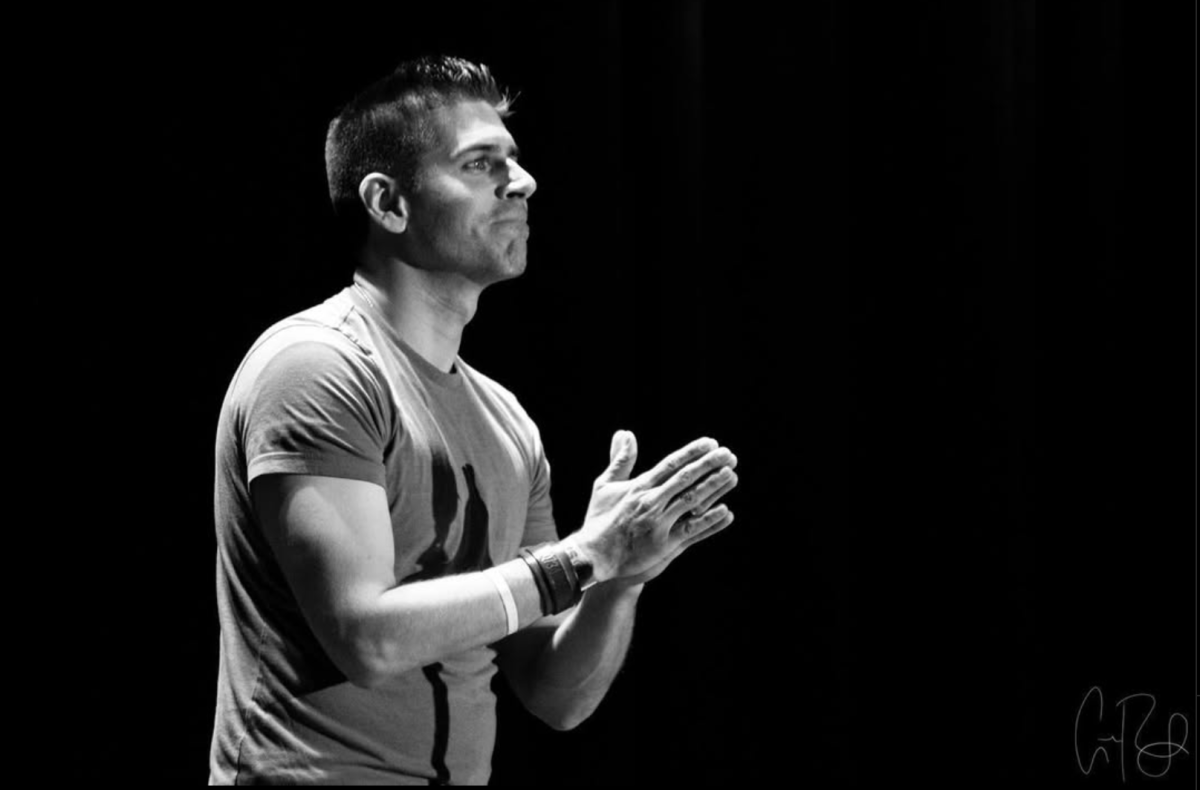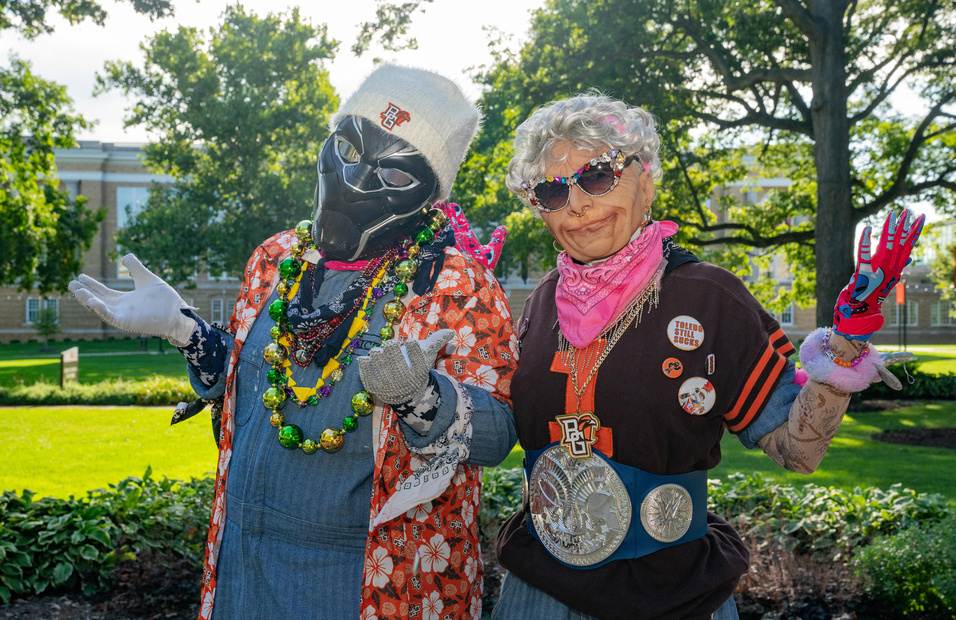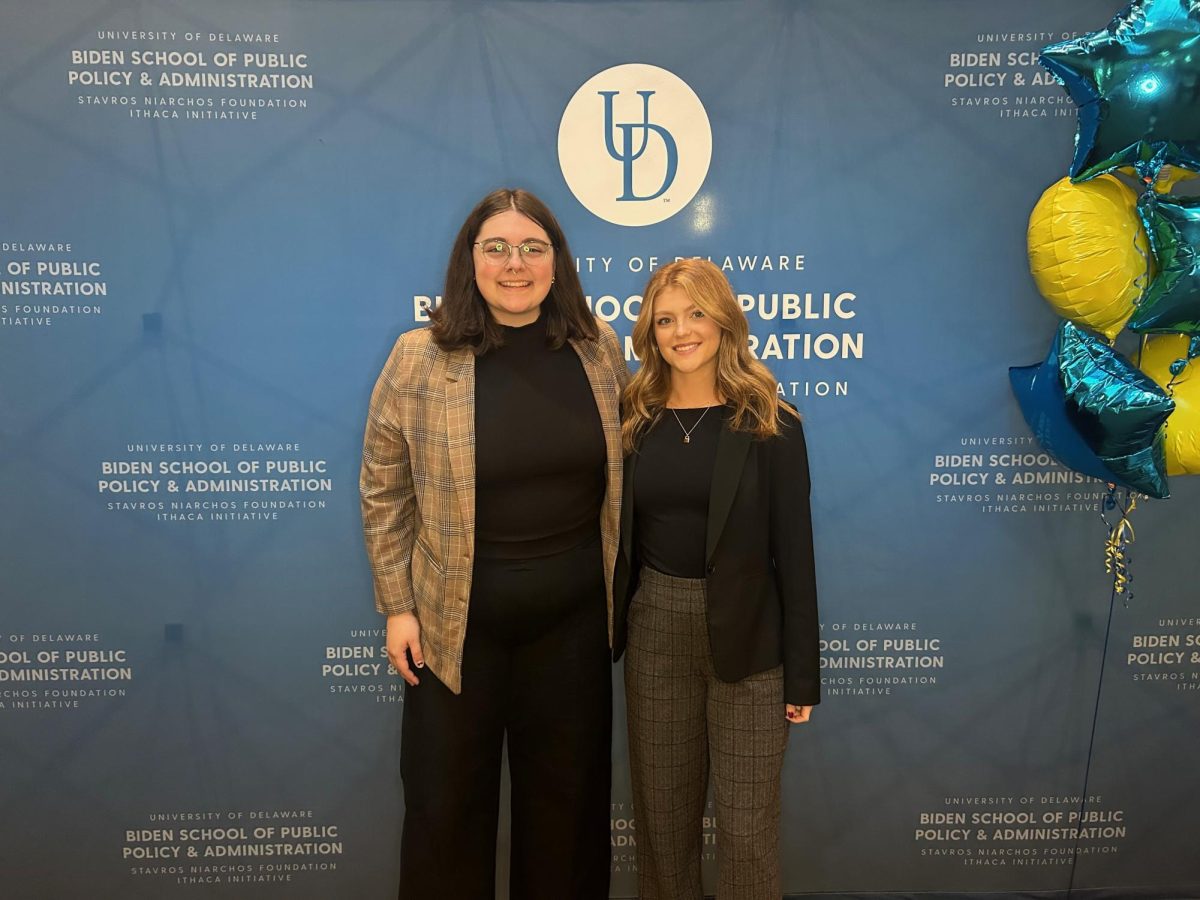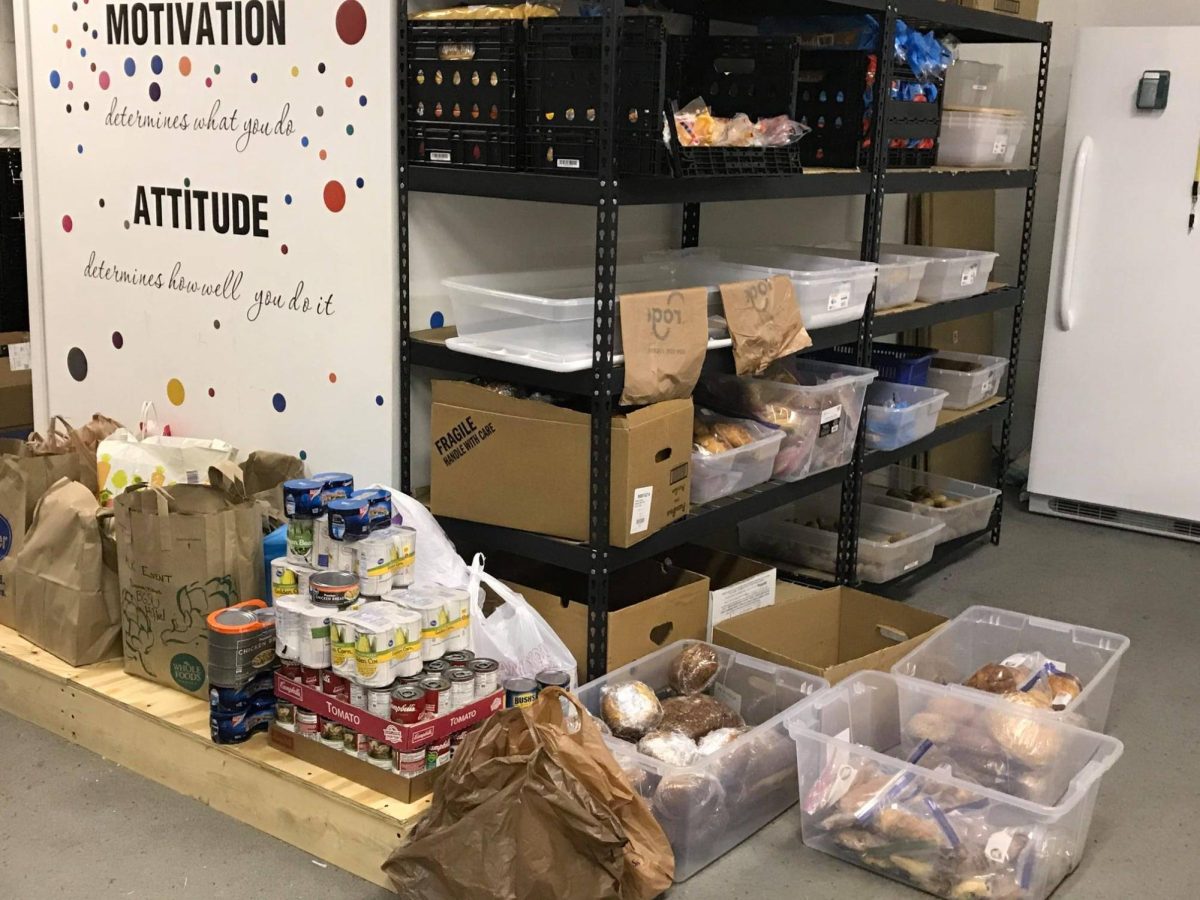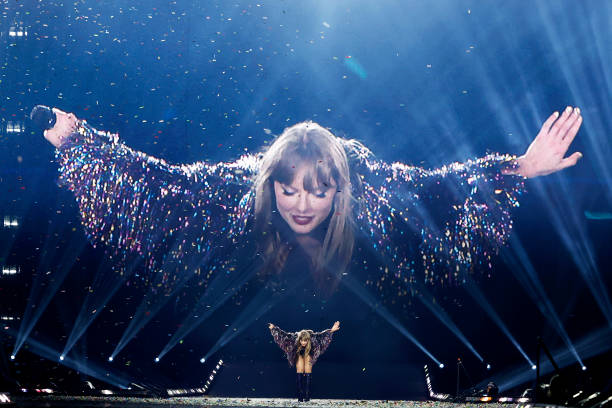According to a 2018 Pew Research Center survey, 95% of teens have access to a smartphone. Technology is now a present piece of their lives, and almost half of those teens report being online on a near-constant basis.
Of the teens surveyed, 45% described their social media experience as neither positive nor negative. 31% noted a mostly positive effect and 24% said it has a mostly negative effect.
Those who describe the effects as positive say social media has made communicating with friends and family, interacting with new people and accessing news and information easier. Teens who think the effects are negative cite reasons like an increase in bullying and rumors, less meaningful human connections and a distortion of reality.
The National Center for Health Research cites various studies associating depression, anxiety and negative body image with social media use. Sleep disruption, fear of missing out and comparison to others are suspected causes of the conditions.
Many parents are also apprehensive of social media and its impacts. A March 2020 Pew Research survey found that two-thirds of U.S. parents think parenting is harder than it was 20 years ago, citing technology and social media as the main reasons.
Life Coach Teresa Brown, a local mother of nine, agrees. Her family uses time limits and other restrictions to curb the cyberworld’s effects.
“The teen years are already so hard and then you add (technology) to it. It’s really hard to navigate,” she said.
Brown mentioned some positives, like her children being able to stay connected to and interact with friends during the pandemic. But her concern, along with 71% of parents, is that the harms of technology and social media outweigh the benefits.
“It’s kind of a no-win situation. If you don’t let your kids have it, it feels like you’re withholding something from them, but if you do then there’s all these negative things,” she said.
Brown has seen the impacts hit her teen daughters and the female students she works with especially hard. According to the 2018 Pew study, half of teen girls are near-constant online users, compared to 39% of teen boys.
“I have seen, especially in our three teen girls, the effects on self-esteem and body image,” she said. “Specifically, Snapchat and Instagram, because you can take pictures and edit them … everyone sees this brushed-up, edited body and starts comparing themselves.”
She noted almost every one of her female clients struggles with anxiety, an issue she attributes to their social media worlds.
Gabe Garbarino, a senior sales and services marketing major, recognizes the differences in pressure for girls and boys.
“Girls have more pressure to look better because that’s the standard. Guys don’t have to try as hard as girls do,” he said.
He uses social media apps like Twitter and TikTok for the entertainment value, and finds it easy to avoid comparing himself.
“Everyone’s just different,” he said. “You can’t really compare even though you want to.”
Comparison is no stranger to marketing senior Madison Wolfbauer though. She began using social media in high school when Instagram became popular, a platform she says has had a negative impact on her self-confidence and body image.
“Social media gives me a pressure of having to look perfect all the time. With all the editing apps out there, it is hard to know if someone really looks like that or they edited every blemish off their face,” she said.
Editing apps like Facetune and beauty filters on Instagram and Snapchat make it easy to photoshop and airbrush images. Feeds are full of “fitspiration” accounts that promote diets and exercise to be thin.
Wolfbauer, a member of the BGSU women’s soccer team, thinks being a female athlete adds to the pressure.
“I find it is harder to accept my body especially with the pressures of social media. I am 5-foot-10 with a bigger build and look different than most of my friends,” she said.
She describes her journey to acceptance as a constant struggle, but has found her own ways to combat the negativity social media can create. One strategy is to unfollow those fitness models or celebrities who portray “perfect” lives and bodies.
Another was the creation of her own Instagram blog, where she posts real and honest content about her life to create an inclusive environment for her followers.
“I have always been passionate about cooking, healthy lifestyle changes, and eating clean foods and I wanted to share what I was doing to help me feel good,” she said. “The account has been a positive and fun outlet for me.”
While Wolfbauer has dealt with the negatives, she has also identified some positives, like connecting with friends and family and staying informed about issues.
“I think social media can be an encouraging, fun, relaxing, and creative space if you set boundaries on who you follow and what you are seeing,” she said.




